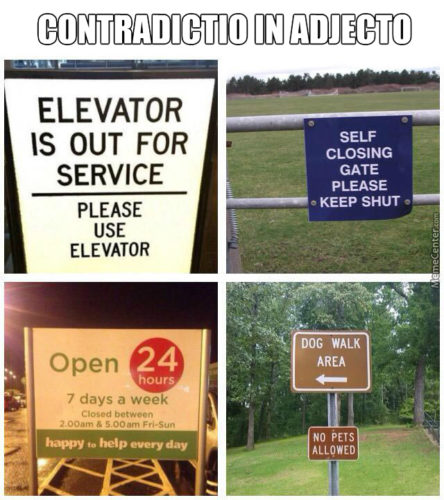There is “a problem of God” for society. We see it all over and the small issue that we have been discussing over the display of a motto, “in God we trust” is a small slice of a much bigger pie. God causes a problem in society for theologians who have to either deny or affirm His creation of and guidance over the powers that be. It is a problem for politicians and legislators who find themselves either defending or working against people who are basically Godless. It is a problem for historians who try to wend their way through historical forests while trying to analyze each tree. I remember in my own limited history how “the problem of God” came about in my own life and the life of my Pastor over the controversy about prayer in schools. It seemed as if every Christian organization was screaming to introduce or keep prayer in school and when my Pastor was asked about it he shocked our church by saying that he would vote against structured prayer in school because he didn’t want a Methodist minister or a Catholic Priest praying for, or leading prayer for his students. The whole concept of “prayer fellowship” was alien to me and I had no idea that it had a long and interesting history. “Lex orandi, lex credendi, lex vivendi”; how we pray, is what we believe, is how we live, he believed was a valid axiom. To have some one offer a prayer in public that was not what you believe was problematic at best. The concept itself is based upon God demanding obedience to Him alone and the restrictions that places upon believers. The First Commandment contains within it self all others. That is the problem of God is a society like ours – God is pretty exclusive, we are not.
A man by the name of John Courtney Murray put this issue succinctly forward in 1962 when it was apparent that the “problem of God” was going to come up again and again especially after the election of our Nations first Roman Catholic President. He wrote,
“For the historian this problem only becomes a problem when it is concretely stated in terms of the godless man, who is existent and present in history, as God Himself is concretely existent and present in history. The reality of the problem appears in the fact that, within the religious tradition derivative from the Bible, the phrase, ‘the godless man,’ asserts a contradiction in adjecto. St. John Chrysostom was simply stating the central truth of this tradition in his famous dictum: ‘To be a man is to fear God.’ . . . Therefore the man who does not fear God somehow does not exist, and his nature is somehow not human. On the other hand, there he is. That is the problem”. *
John Marty’s father, Martin (see blog for May 8), picked up on this. He wrote –
“Render this in the plural: within the religious tradition derivative from the Bible the state is grounded in God’s creative and governing activity and Word. The human city lives in relation to its prince or its principalities and powers. These
characteristically have a transcendent relation to society, and societal religion grows from them. The phrase “the godless state” or “the godless society” or even in some senses -“the secular society” asserts a contradiction in adjecto.
“Therefore the state that does not fear God somehow does not exist, and its nature is somehow not human and social. On the other hand, there it is. That is the problem.” The Biblical strictures against nations which do not want to know or believe in or follow God refer to nations which know better: they refuse to accept God’s activity, His signs, His Word” #
*
John Courtney Murray, “On The Structure of the Problem of God”, Theological Studies, XXIII (1962)
#Martin Marty, “The Status of Societal Religion in the United States”, Concordia Theological Monthly Volume; 36 Number 10 1965


